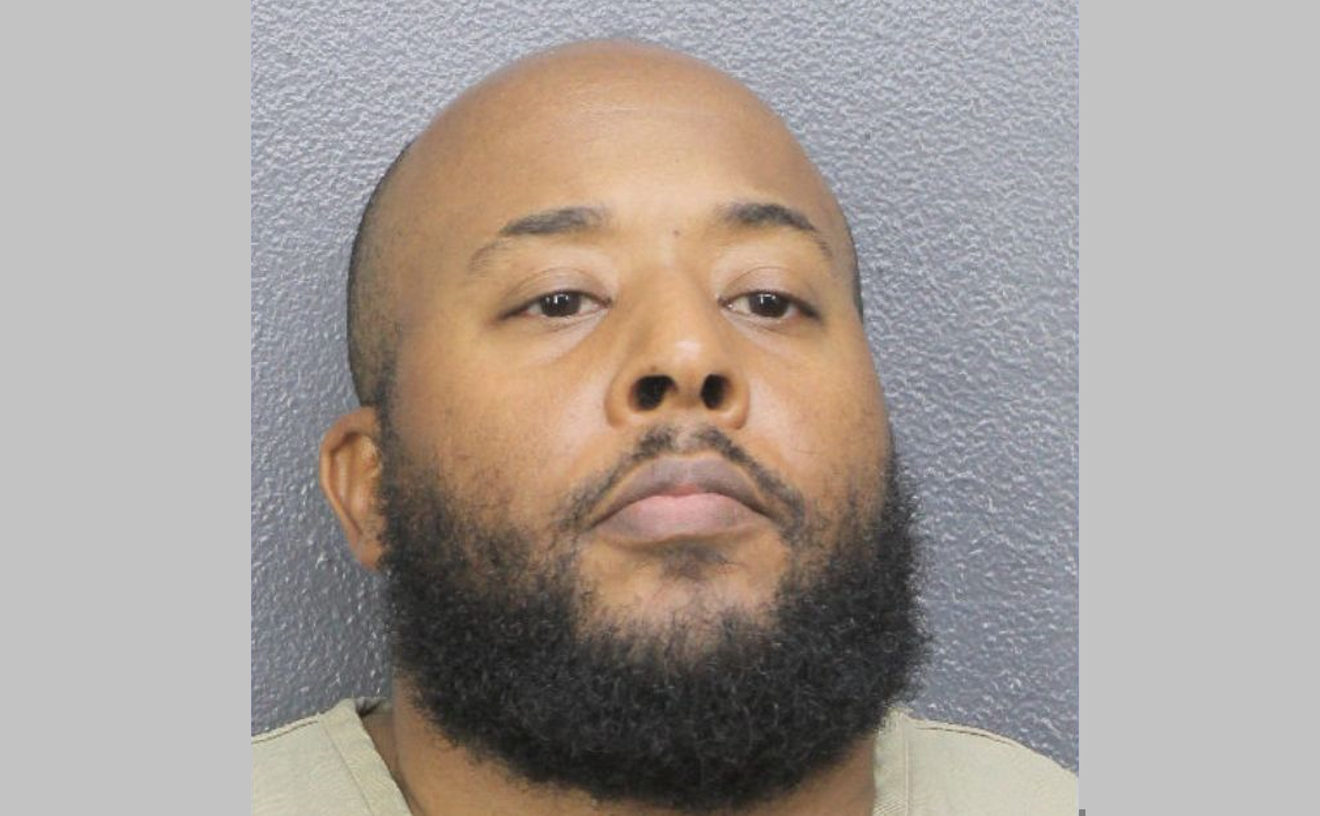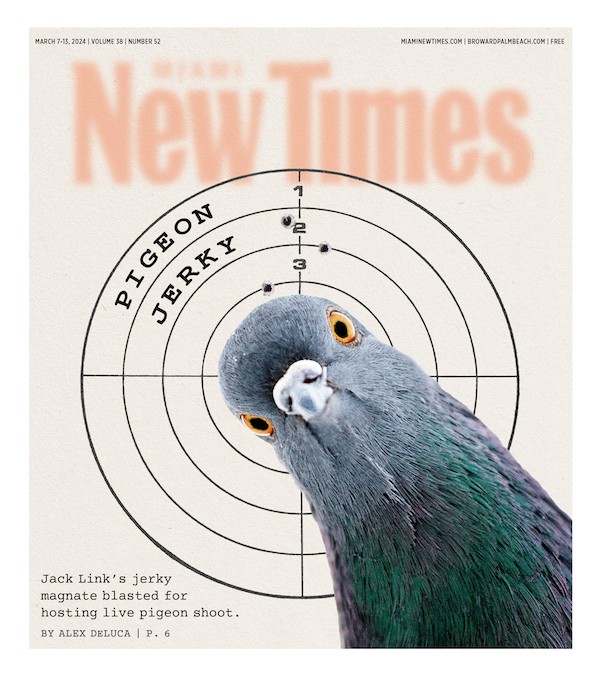The era of McCarthyism in the 1940s and '50s remains one of the most stark examples of political persecution and ideological repression in U.S. history. Prominent politicians and federal agencies drummed up fear of communist infiltration into the government, the educational system, and the entertainment industry, leading to the firing of thousands of people accused of having communist affiliations.
Countless people lost their jobs during the period, known as the "Second Red Scare," because they refused to name names or cooperate with the inquisition by communist-hunting bodies such as the House Committee on Un-American Activities and the Senate Permanent Subcommittee on Investigations.
After the furor subsided, former President Harry Truman explained to students at Columbia University in 1959 that McCarthyism was a form of hysteria exploited for political gain.
"There are periods," Truman said, "in which some demagogue can direct attention to something that’s absolutely good and harmless and make something out of it so he can stir people up for his own welfare and aggrandizement."
Some 60 years later, one of the foremost experts on McCarthyism says Florida's "anti-woke" laws and similar measures passed across the nation are on par with the repression seen during the McCarthy age, if not worse.
"What I'm seeing is much more widespread and much more dangerous because it's getting into the content of American education," says Ellen Schrecker, historian and author of numerous books on McCarthyism.
Florida HB 7 AKA the Stop Woke Act is one of several measures enacted since 2020 aimed at regulating speech and content in Florida schools. Signed by Florida Gov. Ron DeSantis in April, the act is supposed to curtail "woke" indoctrination by restricting the teaching of critical race theory and preventing teachers from instilling students with race-based guilt about historical wrongs.
Among other controversial clauses, the law bans teaching the notion that people are "privileged or oppressed" solely on the basis of their race, national origin, or sex. It also restricts teaching that a person's race, national origin, or sex can predispose that individual to have biases, "whether consciously or unconsciously."
Critics of the Stop Woke Act say the law has had a chilling effect on free speech, pressuring Florida's educators to fall in line for fear of risking their jobs.
If universities don't comply with the law, they may face cuts to their performance funding from the state, which could constitute major financial losses for schools in the state university system.
While the congressional hearings and persecution of the McCarthy era blacklisted alleged leftist scholars based on their political beliefs, Schrecker says, the government never went as far as to legislate what professors were allowed to say and teach.
"Today, the political inquisition is reaching into the classroom. It’s censoring people’s teaching and forces them to change what their syllabus looks like," Schrecker tells New Times.
Ronald Cox, a Florida International University (FIU) professor of politics and international relations, tells New Times that the university's United Faculty of Florida (UFF) union chapter is encouraging professors to reject the Stop Woke Act as an affront to professors' freedom.
The union has openly opposed the act and decried the decision of some university administrations, including that of the University of Florida, to stay in line with the governor against the wishes of faculty.
The problem, Cox claims, is that the law is so vague that it makes professors reconsider teaching any topic that touches on systemic racism, gender dynamics, and historical oppression.
"We think this is a holistic attack on our ability to do our job. We’ve now got the union to agree that faculty should be able to teach the way they've always taught," says Cox, a member of the union chapter's academic freedom task force.
When it comes to classroom topics, the union chapter is essentially asking its members to do nothing: Don't remove material, don't change the language of the course, and keep things as is.
The union also asks that professors add a paragraph to their syllabi from the union's contract with FIU that asserts faculty's rights to academic freedom.
"The University and UFF affirm that academic freedom is a right protected by this Agreement in addition to a faculty member’s constitutionally protected freedom of expression and is fundamental to the faculty member’s responsibility to seek and to state truth as he/she sees it," the paragraph states in part.
Martha Schoolman, an associate professor of English at FIU, teaches courses on the literature of slavery, the Civil War, and abolition. The majority of Schoolman's course material deals with institutionalized and systemic racism, concepts that the Stop Woke Act appears to restrict in classroom settings.
"Do I plan to comply with the law? I was hired and tenured by FIU to teach about slavery. I'm currently on leave to write a book about slavery. I don't think I have the option to comply," Schoolman tells New Times.
Schoolman and Cox say they have colleagues who have already changed their teaching approach in response to the act. Some professors have changed the titles of their courses in the course catalog to be less conspicuous, they say. Others have cut out portions of their syllabi that mention discrimination and removed required readings that touch on racism.
People are scared, the faculty members say, because they don't know how far the state will go to enforce the new regulations.
If professors comply with the law and remove portions of their class that mention racism, discrimination, or slavery, Florida runs the risk of having an uninformed electorate that is doomed to repeat historical mistakes, according to Schoolman.
"This idea of preventing students from knowing things is undemocratic," she says. "Learning about the past is part of understanding the world better. I need to understand [Ralph Waldo] Emerson's essays on slavery to understand the world around me."
The United Faculty of Florida chapter is also organizing a series of teaching events at FIU to discuss academic repression with students, faculty, and the public. They held the first "teach-in," which featured a talk from McCarthyism expert Schrecker, on October 25. Cox says the next event will likely come during the spring semester in 2023.
Education
Florida's Education System Is Turning Into Modern Day McCarthyism, or Worse, Historian Says
The new look of Florida's education system is a throwback to the 1950s age of repression, according to one of the country's foremost experts on McCarthyism.

Photo by Gage Skidmore via Flickr
[
{
"name": "Editor Picks",
"component": "17482312",
"insertPoint": "4",
"requiredCountToDisplay": "1"
},{
"name": "Inline Links",
"component": "18711090",
"insertPoint": "8th",
"startingPoint": 8,
"requiredCountToDisplay": "7",
"maxInsertions": 25
},{
"name": "Air - MediumRectangle - Combo - Inline Content",
"component": "17482310",
"insertPoint": "8th",
"startingPoint": 8,
"requiredCountToDisplay": "7",
"maxInsertions": 25
},{
"name": "Inline Links",
"component": "18711090",
"insertPoint": "8th",
"startingPoint": 12,
"requiredCountToDisplay": "11",
"maxInsertions": 25
},{
"name": "Air - Leaderboard Tower - Combo - Inline Content",
"component": "17482313",
"insertPoint": "8th",
"startingPoint": 12,
"requiredCountToDisplay": "11",
"maxInsertions": 25
}
]










